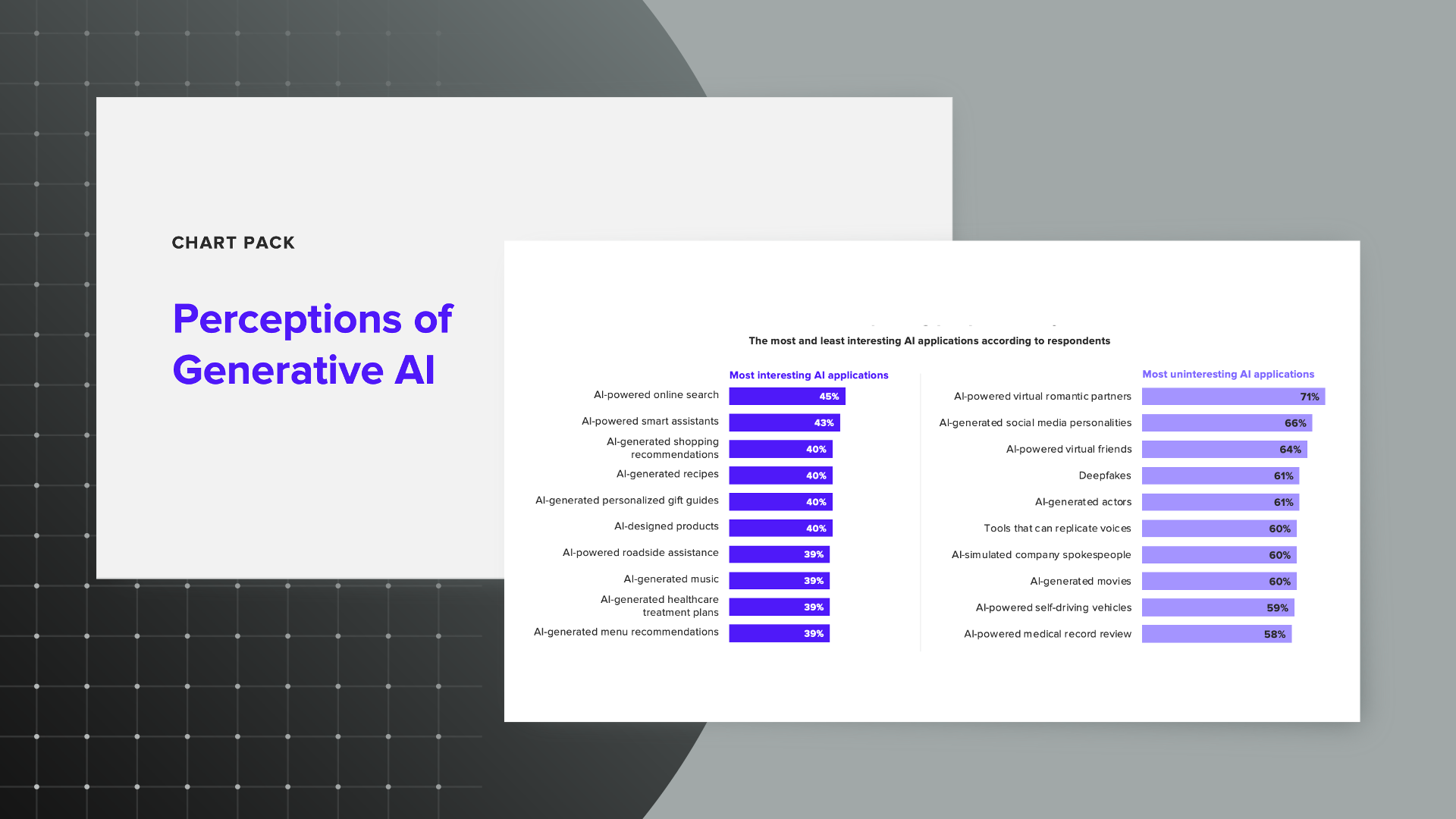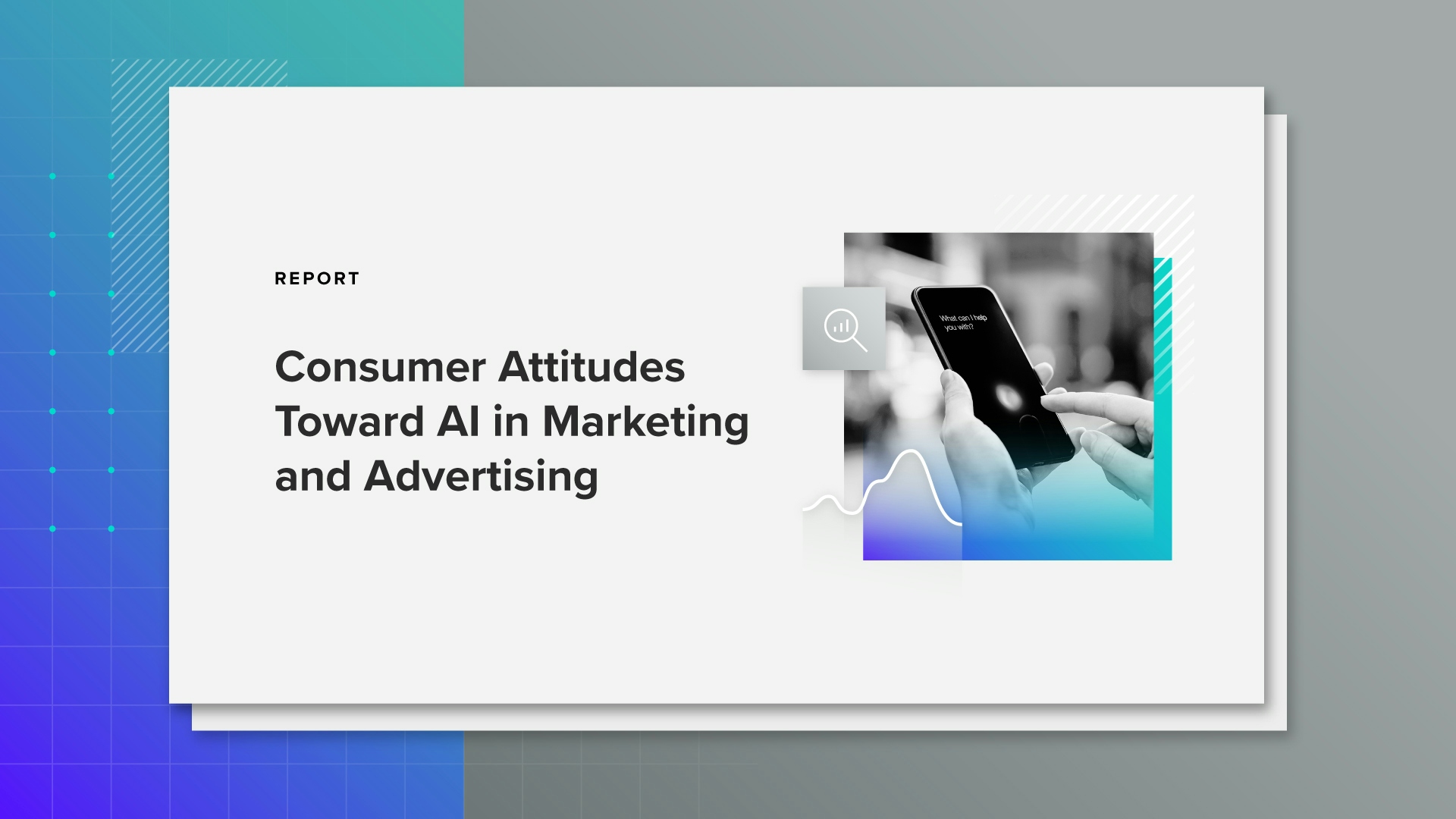
Tech
Report: What Consumers Think of Generative AI in E-Commerce
Report summary
This report provides a look at how generative AI could change retail, from gift guides to customer support.
From making it easier to find the right gift for a loved one to automating product descriptions and pricing, generative AI tools offer potential benefits to online shoppers and sellers alike. But the AI-powered future
of e-commerce isn’t here yet.
Not only do consumers continue to harbor concerns about data privacy, job loss and reliability when it comes to these AI integrations, but interest in AI e-commerce applications has also been stagnant (or falling) since the beginning of the year.
For generative AI in e-commerce to take off, consumers will need to see major retailers deploy real tools that delicately toe the line between being helpful for shoppers and not stoking concerns that AI is coming
for people’s livelihoods.
Key Takeaways
- One in 5 would pay for AI shopping assistance: Despite interest in AI applications for shopping being largely stagnant over the course of the year, 20% of consumers say they would pay a reasonable fee for AI-generated gift guides.
- Millennials and Gen Zers lead on using AI for shopping: A quarter of millennials (26%) say they have used an AI tool to help with shopping in the past 30 days. Moreover, users of such tools say they found them to be helpful and unique.
- Consumers prefer human input over AI assistance: Generative AI-powered customer service is on the horizon, but people aren’t necessarily ready for it. Consumers are more likely to prefer human support even if AI might be faster.
- Online sellers find AI e-commerce tools helpful: Most people who sell items online via marketplaces or resellers say tools like AI-generated product listings or images would be helpful to their business.
Methodology
Morning Consult Research Intelligence data featured in this report draws from a survey conducted Oct. 19-21, 2023, among a representative sample of 2,202 U.S. adults. It also includes data from monthly surveys conducted from February 2023 to October 2023 among roughly 2,200 U.S. adults per month.
All survey interviews were conducted online, and the data was weighted to approximate populations of adults based on age, gender, race, educational attainment, region, gender by age and race by educational attainment. Top-line results from the surveys have an unweighted margin of error of +/-2 percentage points.
About the author
Jordan Marlatt previously worked at Morning Consult as a lead tech analyst.



